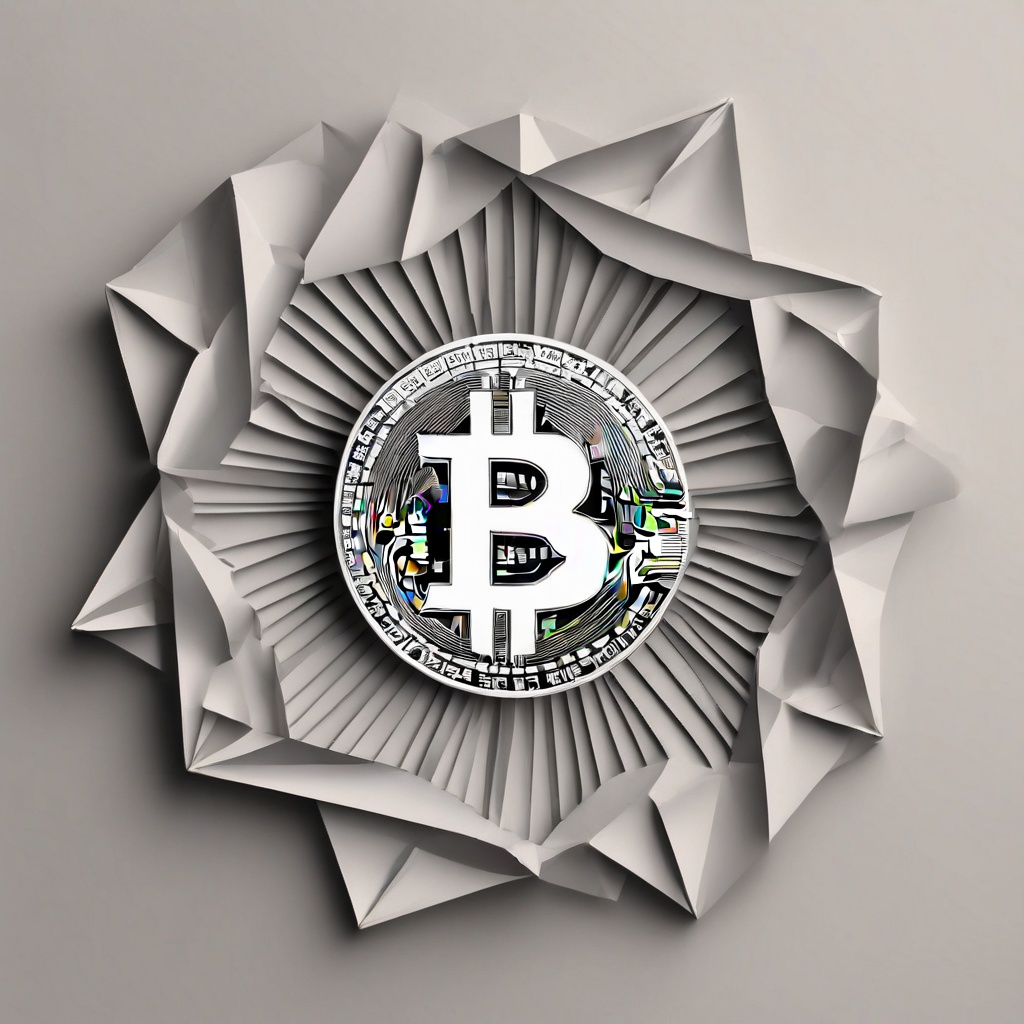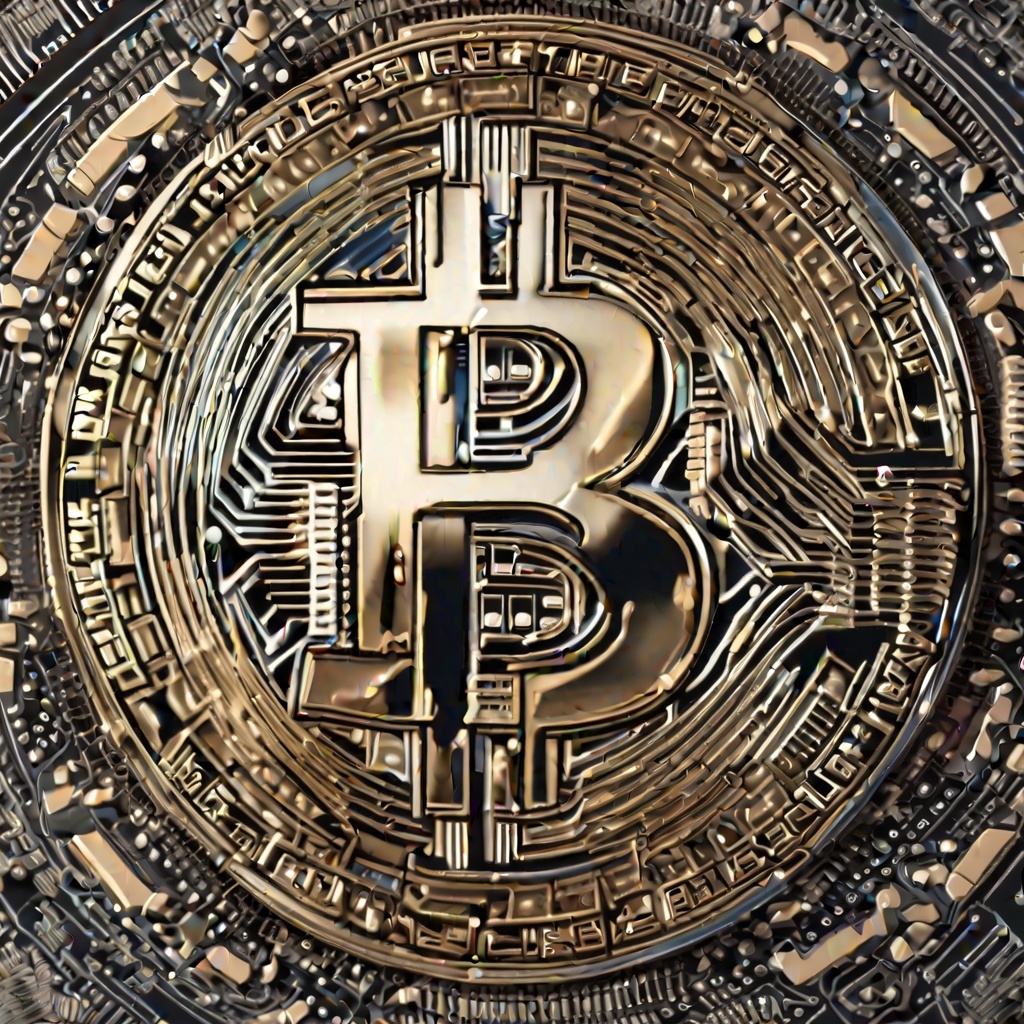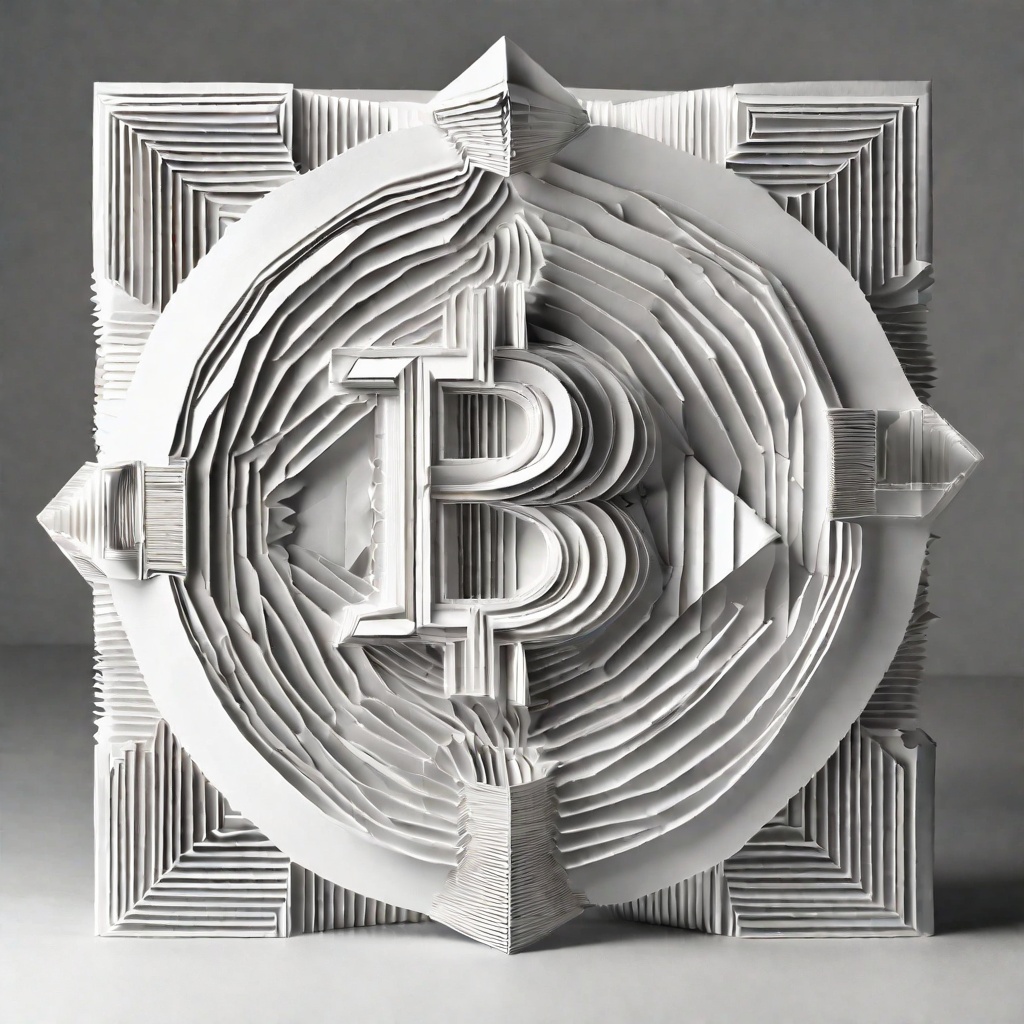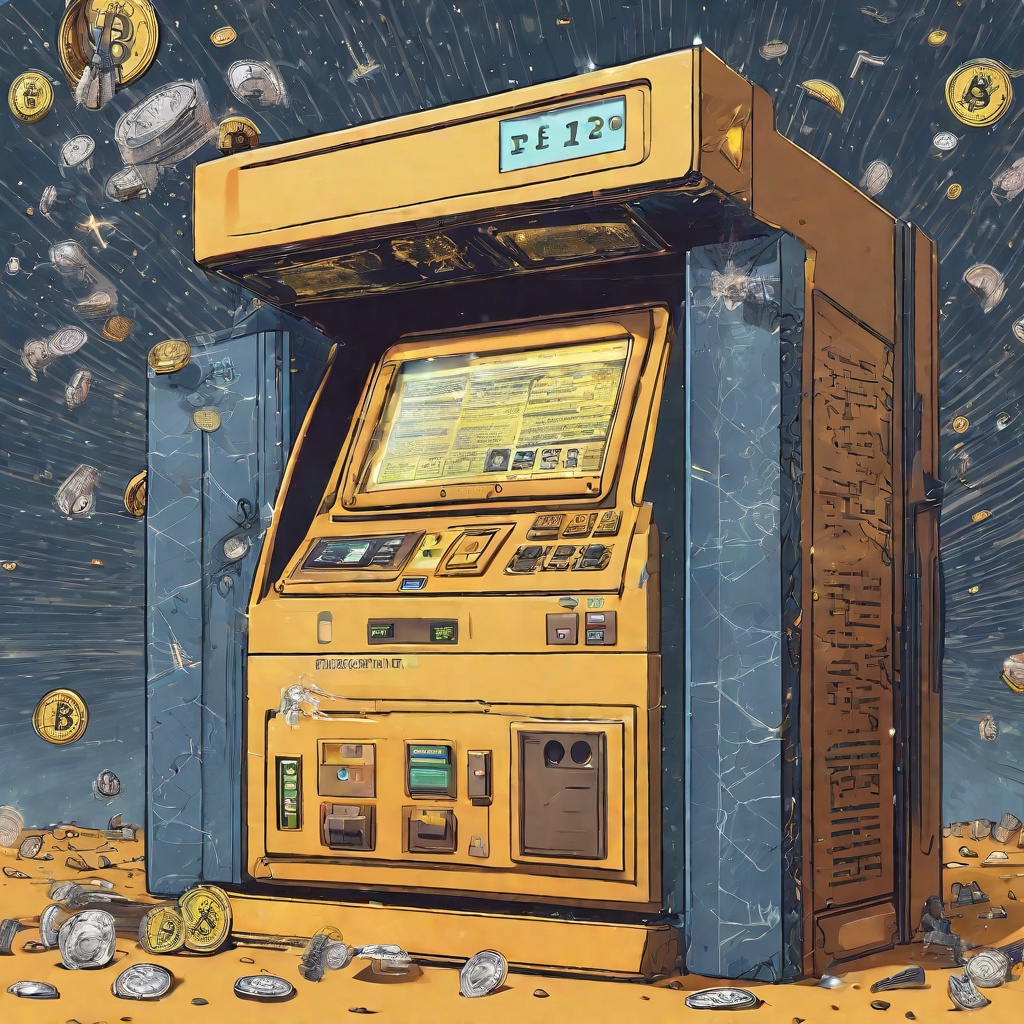What is one of the biggest advantages of blockchain?
Could you elaborate on one of the primary advantages of blockchain technology? I'm particularly interested in understanding how it revolutionizes the way we approach transactions and data security. I've heard a lot about its decentralized nature and immutability, but I'd like to hear your perspective on how these features contribute to its overall advantage. Could you also discuss any real-world examples or applications where blockchain has demonstrated its superiority? I'm eager to gain a deeper understanding of this emerging technology.

What are the disadvantages of the blockchain?
Could you please elaborate on the disadvantages of the blockchain technology? I'm particularly interested in understanding the scalability issues it faces, as well as the privacy concerns that have been raised. Additionally, I'm wondering about the potential energy consumption associated with blockchain networks, especially in large-scale applications. It would be great if you could provide some insights into these challenges and discuss any other disadvantages that might limit the widespread adoption of blockchain technology.

Why blockchain is better than banks?
Ah, blockchain technology vs. traditional banks, an age-old debate. But why do some say blockchain is superior? Well, let's start with decentralization. Blockchain isn't controlled by any central authority, like a bank. This means transactions are more secure and less prone to manipulation. Plus, there's no single point of failure. Then, there's transparency. Every transaction on a blockchain is visible to everyone, creating a level of accountability unheard of in traditional finance. Cost is another factor. Blockchain transactions can often be cheaper and faster than those processed by banks, especially when it comes to cross-border payments. And don't forget about innovation. Blockchain technology is still in its infancy, with countless new applications and use cases being explored. Banks, on the other hand, are often bogged down by legacy systems and regulations. But of course, blockchain isn't without its challenges. Scalability, privacy, and regulatory uncertainty are just a few of the issues that need to be addressed. So, is blockchain better than banks? It depends on your perspective and use case. But one thing's for sure: blockchain is disrupting the financial industry, and it's only just begun.

Is blockchain safer than banks?
I've been hearing a lot about blockchain technology and its potential to revolutionize the financial industry. However, I'm still skeptical about its safety compared to traditional banks. Can you please explain if blockchain is indeed safer than banks, and if so, how does it achieve this superior level of security? Also, are there any potential risks or vulnerabilities associated with blockchain that investors should be aware of? I'm eager to understand the intricacies of this technology and how it compares to the established banking system.

Which blockchain is Polkadot?
Could you please clarify which blockchain you're referring to as "Polkadot"? It seems to me that you're inquiring about a specific blockchain technology, but I'd like to ensure that we're on the same page. Polkadot, as I understand, is not just a blockchain in the traditional sense. It's often described as a "blockchain of blockchains" or a "heterogeneous multi-chain technology." Its core objective is to enable interoperability between various blockchains, facilitating cross-chain transactions without the need for intermediaries or exchange platforms. Polkadot achieves this through its unique architecture, which consists of a central Relay Chain and multiple parallel chains, or parachains. The Relay Chain serves as the hub, managing consensus and security, while the parachains handle specific applications and services. This design allows for scalability and flexibility, enabling Polkadot to handle a vast array of transactions efficiently. So, to answer your question, Polkadot is not a single, standalone blockchain but rather a network of interconnected blockchains designed to enhance interoperability and scalability across the blockchain ecosystem. Does this clarify your inquiry, or do you have further questions about Polkadot or its underlying technology?

